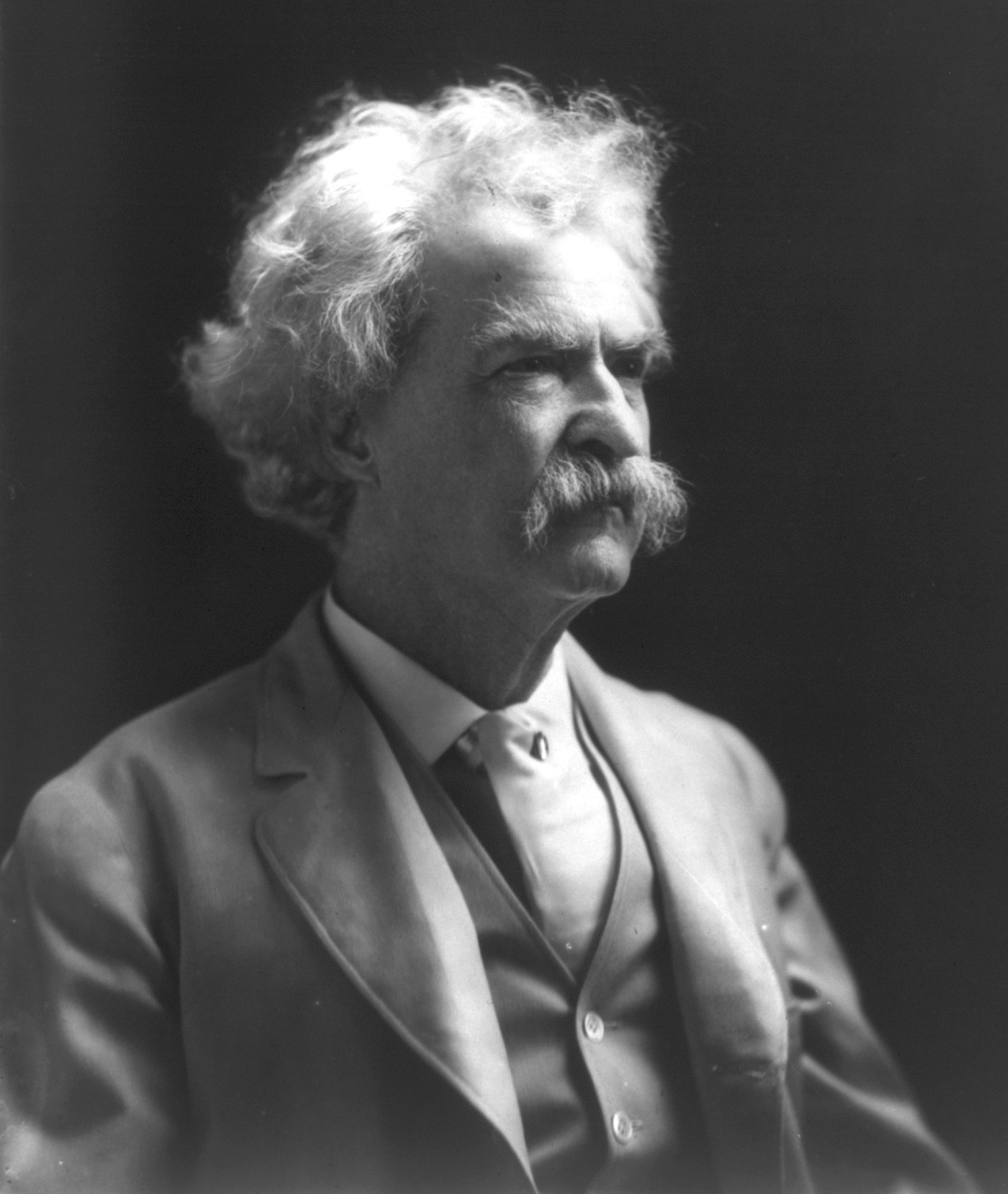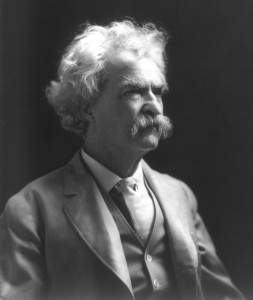By Kelly Cleary
Perhaps you’ve studied abroad and can’t wait to get back to Paris. Maybe you’ve written papers about human rights issues in Africa and you’re eager to do what you can to improve the lives of the people you’ve studied. Or you’ve heard about the exciting business and financial opportunities in China and India and you can’t wait to be a part of the next wave of corporate leadership. Or maybe you just want have a short-term adventure before you head into “the real world.” These are just a few of the reasons Penn students pursue work and volunteer opportunities abroad.
The International Opportunities Virtual Fair is a great way to connect with short and long term summer or post-graduate opportunities abroad and/or with an international focus.
Virtual International Opportunities Fair
Teaching, Internships, Full-Time and Graduate Study Opportunities Abroad Available online Mon., Nov. 22, 2010 through Fri., Jan. 21, 2011
The Virtual International Opportunities Fair, an online career fair, is for Penn students and alumni who are interested in international opportunities.
Through PennLink you can “visit” the International Opportunities Fair to meet representatives from over 30 globally-oriented organizations, companies, and schools that provide teaching, internship, work, volunteer opportunities and post-graduate education abroad.
The online format of the fair enables you to make contact with employers by viewing their profiles and submitting resumes to employers/positions that interest you. After the fair is over, employers will receive the resumes you dropped and will contact you directly if they’re interested in an interview.
To participate in the Virtual International Opportunities Fair:
1) Log into PennLink. If you do not have an account already, you will be asked to complete a brief profile.
2) Upload or update your resume (if you haven’t done so already) by clicking on the “Documents” tab.
3) Click on “Virtual International Opportunities Fair” under the “Events” box on the rights
4) Be sure to click on the “Positions Recruited” tab to view full job descriptions and application instructions.
5) To express your interest in an organization, go back to the main “Participants” page and click “GO” to submit your resume.
A Sample of Participating Organizations by Industry (* Indicates the organization charges a program fee. ):
Business
Abroad China, China*
IBM, China and India
Milagrow-Business & Knowledge Solutions, India
Social Entrepreneur Corps, South America, Africa*
Communications
Botswana-UPenn Partnership
German Academic Exchange Service (DAAD) (Journalism internship)
The Education Abroad Network, Australia, China*
Engineering/Technology
German Academic Exchange Service (DAAD) – RISE
IBM, China and India
Education/Teaching
Aclipse, Asia
China Education Initiative, China
EPA! Español en Panama
Teach in France program, French Ministry of Education
Footprints Recruiting, Georgia/Eastern Europe
Milagrow-Business & Knowledge Solutions, India
Summerbridge, Hong Kong
Teach for India
The Kelly Yang Project, Ltd, Hong Kong
Environment
Frontier
Healthcare
Penn Botswana-UPenn Partnership
Child Family Health International, Africa, Asia, South America*
Unite for Site, New Haven, CT
Non-Profit/Public Interest
Foundation for Sustainable Development*
Humanity in Action, Worldwide
Indicorps, India
Israel Government Fellow*
Social Entrepreneur Corps, South America, Africa*
Research
German Academic Exchange Service (DAAD) – RISE
RWTH Aachen University, Germany
Career Services’ International Opportunities and Year of Service/Gap Year Programs pages offer additional resources. If you haven’t already, be sure to log into GoinGlobal (PennKey required) to search its international job & internship board and its country job search guides.










